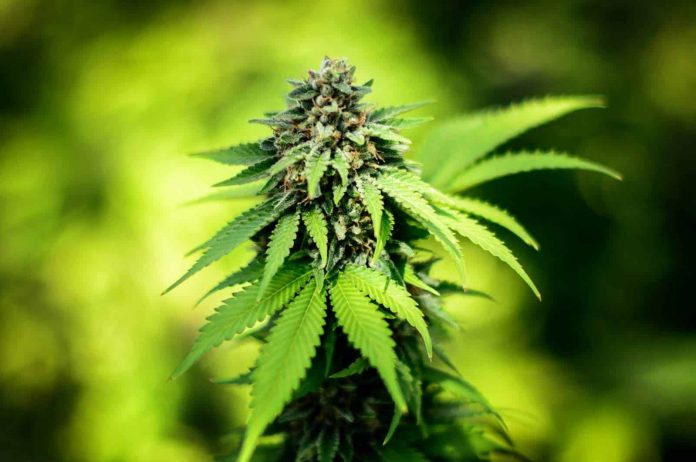Chronic post-traumatic stress disorder among veterans is one of the most visible domestic consequences of America’s wars abroad. Many of the nation’s soldiers return home and find themselves unable to function in society anymore after their experiences on the battlefield, susceptible to overwhelming anxiety, paranoia, and panic attacks. Severe symptoms of PTSD can be resistant to all forms of conventional treatment, but many veterans have found relief in a simple plant: marijuana. Unfortunately, former members of the military still face a number of obstacles in the path of legally acquiring medical cannabis. However, a study on the safety and efficacy of using marijuana to treat PTSD, sponsored by the Multidisciplinary Association for Psychedelic Studies, or MAPS, could help pave the way for veterans to gain access to the medicine they need.
Researchers are preparing for a Phase II trial, set to take place at Johns Hopkins University in Baltimore and at another site in Phoenix. The study will include 76 subjects with chronic, treatment-resistant PTSD and will test five different types of marijuana to determine if it has any effect on their symptoms.
The research is being coordinated by Marcel Bonn-Miller, Ph.D, with Ryan Vandrey, Ph.D leading the team at Johns Hopkins and Sue Sisley, M.D in charge in Phoenix. The state of Colorado awarded a grant of $2,156,000 to fund the study.
Although cannabis is legal is four states plus Washington, D.C., and is permitted for medical use in an additional 19 states, it is considered a Schedule I substance by the federal government, classified as a drug of abuse with no medical value. Veteran’s Administration doctors are still banned from recommending marijuana to their patients, even in states where it is legal for medicinal usage.
The study has been years in the making. Sisley and MAPS founder Rick Doblin first began discussing the research in 2009, but the group had to overcome numerous hurdles set up by the government, including approvals from the Food and Drug Administration, the National Institute on Drug Abuse, and the Public Health Service, as well as various permissions from the research institutions involved.
The study still needs the approval of the Drug Enforcement Administration before it can proceed. The DEA recently inspected the Baltimore site where the study will take place and found no issues, but an official go-ahead is still pending. The Institutional Review Board at Johns Hopkins will need to approve the research as well, although it has already granted a provisional green light pending the DEA decision. Renovation at the Phoenix site is scheduled to be completed this month prior to inspection by the DEA.
There is ample anecdotal evidence that using cannabis can help PTSD sufferers de-link their association of stimuli like loud noises to the trauma they experienced during war, but clinical research has so far been extremely limited, thanks in no small part to federal regulations. If it returns promising results, however, the MAPS study is poised to be a crucial piece of evidence that could bring medical marijuana even further into the mainstream and provide an invaluable boost to the quality of life of America’s veterans.
